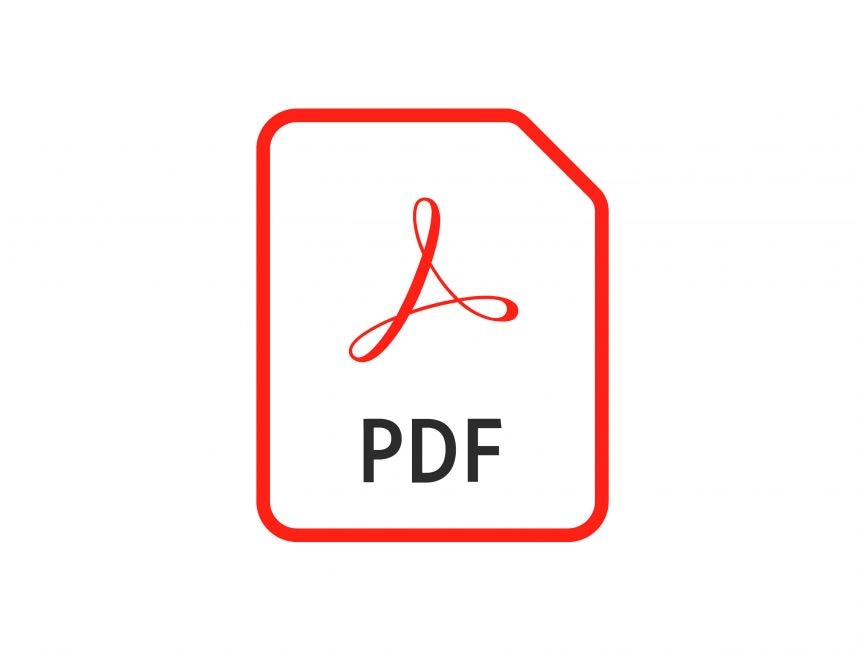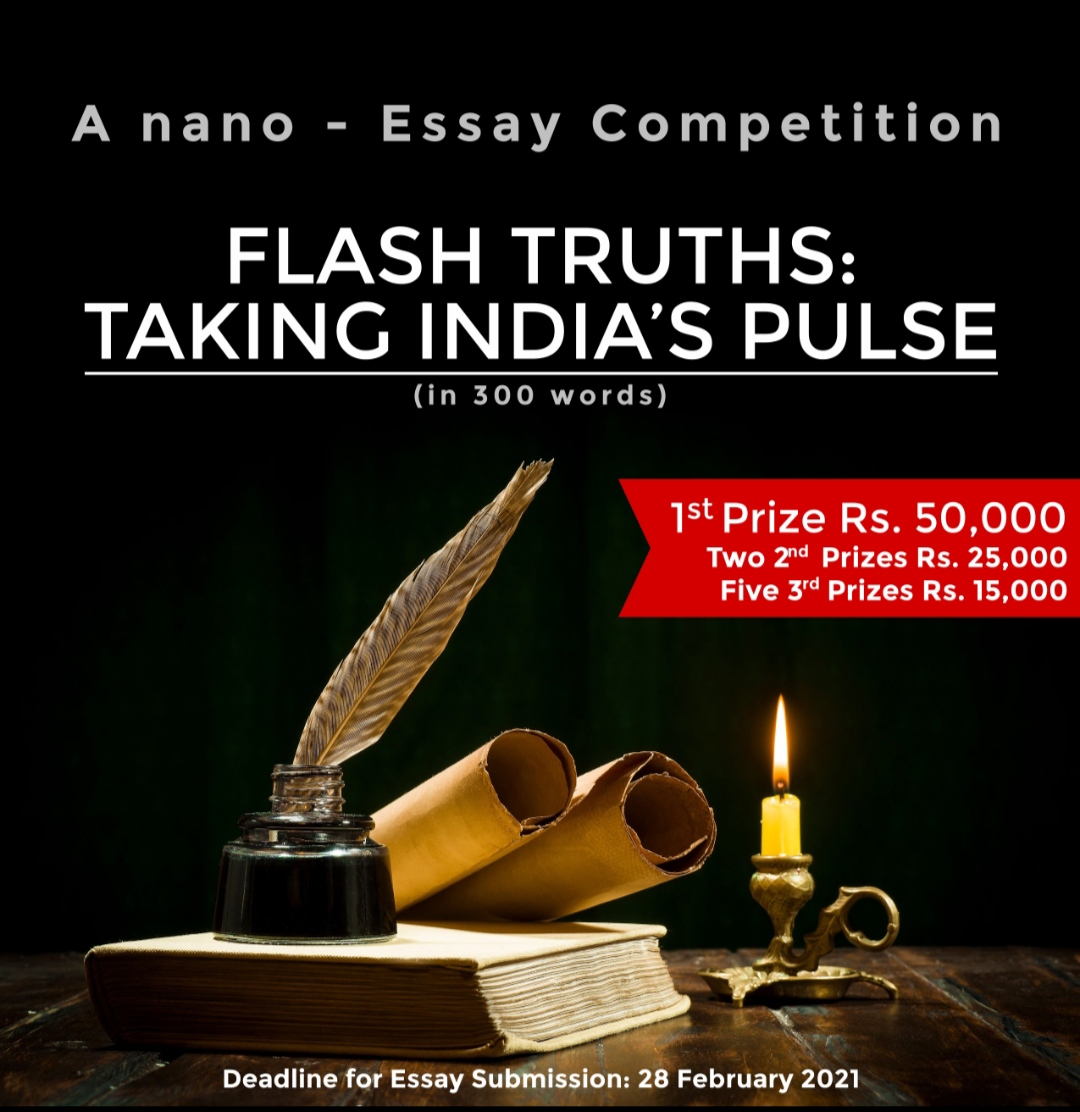There are shrill calls in Australia for not jeopardising its lucrative education exports to China by advocating policies on international issues which do not find favour with Beijing. The attached article by SMH correspondent in China says it all. My comment:
The correspondent’s essential point is that PRC Chinese students absorb liberal values through education in Australia, USA, etc. Therefore, if we damage education exports to China, a host of Chinese citizens who has absorbed Australia/liberal values and can influence Chinese policies are ‘lost’.
But here is the thing: Thousands and thousands of Chinese students have returned home from Australia and the West over the last three decades. Where is the evidence of their ‘liberal’ values as China’s not so peaceful rise casts a malevolent shadow over the globe? Its proven duplicity, expansionism and, above all, attempts to subvert western democracies through agents of influence do not reflect even a patina of any ‘liberal’ values supposedly carried back by returned students.
Another notable point is that students permitted to go to the West for education are inevitably drawn in the first place from the upper reaches of the Chinese polity and communist hierarchy – well drenched in Mao/Xi’s Thought. They return home armed with ‘foreign experience’, and an intimate understanding of their host country. Undoubtedly, they become a valuable source of inputs directly or indirectly to Chinese agencies dealing with that country across the whole range of political, socio-cultural and economic issues. For example, it would be naive to assume that agents of influence in a country such as Australia are developed by Chinese diplomats are posted here. Various counter-measures severely restrict what they can or cannot do. Instead, there is little doubt that the brighter and the best of returned students (and prominent business) provide the most valuable inputs for cultivating local green shoots as potential agents of influence and for manipulating local developments to Chinese advantage.
Incidentally, the following tweet exchange is relevant in this context:
Bill Bishop@niubi – May 2
The “don’t be too tough on China because it might strengthen the hardliners” argument has quite the conceit embedded in it, that somehow we can identify who may be “softliners” in positions of power and influence, and enable them. And it has been skillfully manipulated.
Rakesh Ahuja@DwnlodingMyMind – May 4
Lest we forget: Opening to China in 70s and treating since with gloved hands have always been solemnized with one persistent chant: Over time, cumulative pol/eco/cultural contacts with Australia/West will spawn the dawn of Democratic values in China too. 50 years later: Really?




